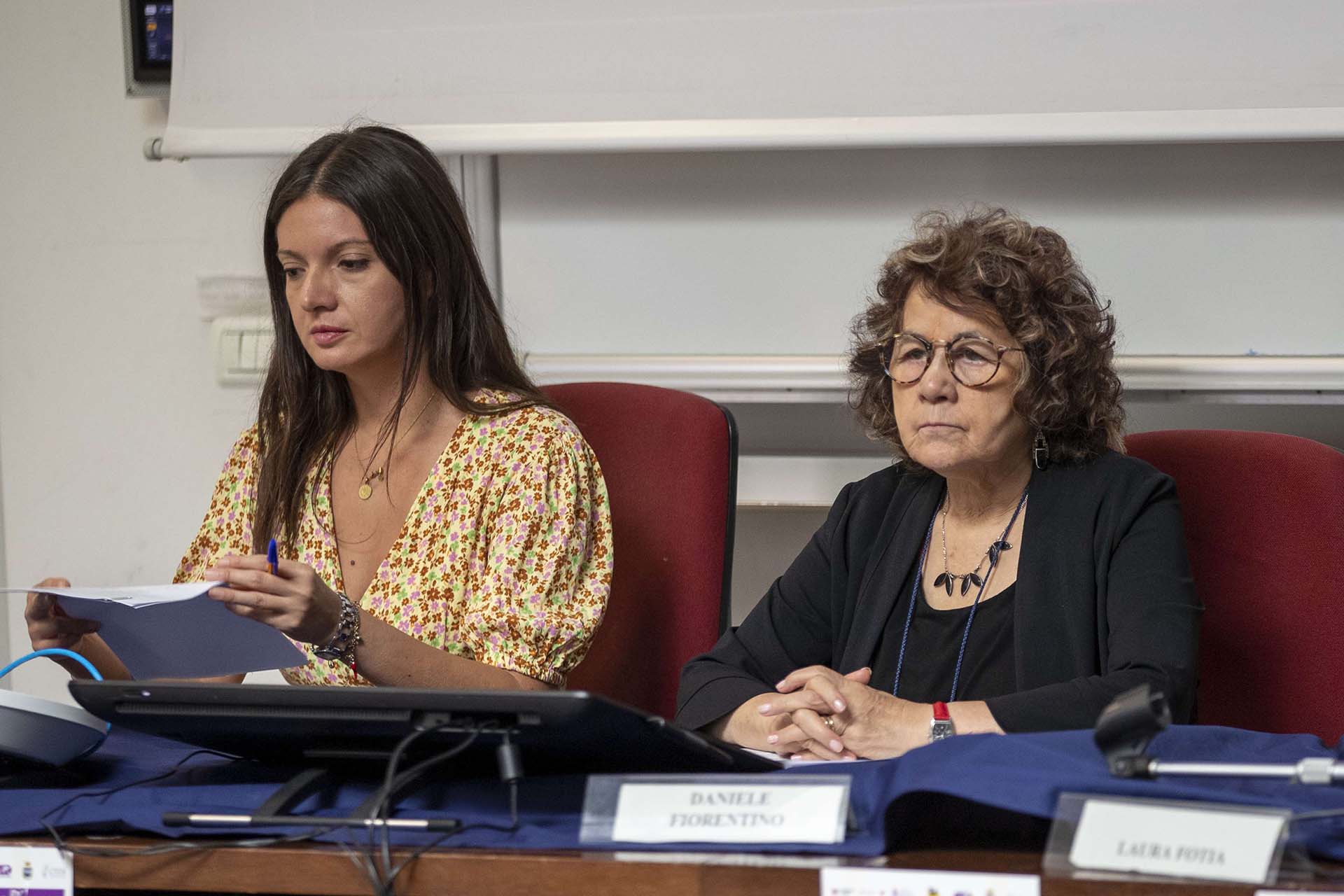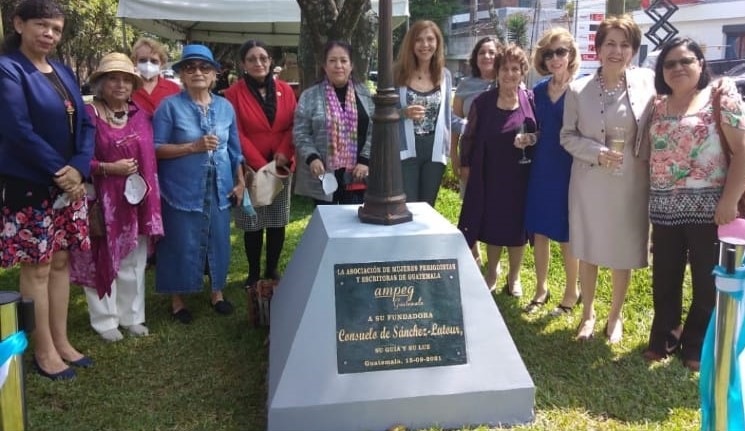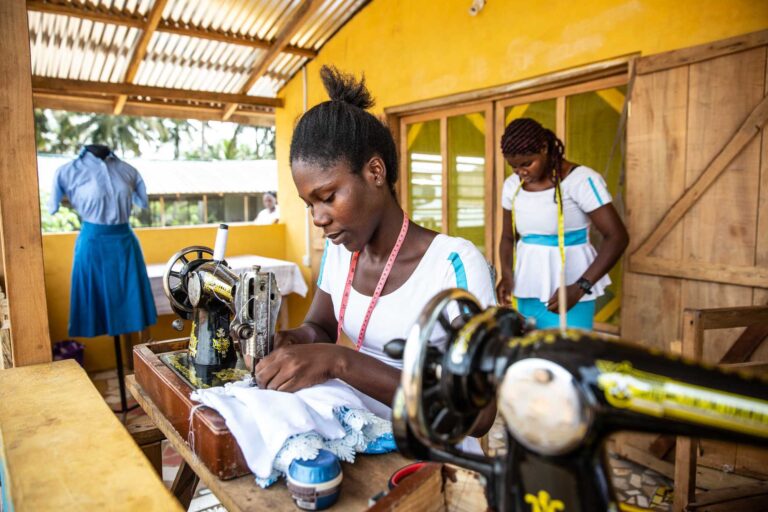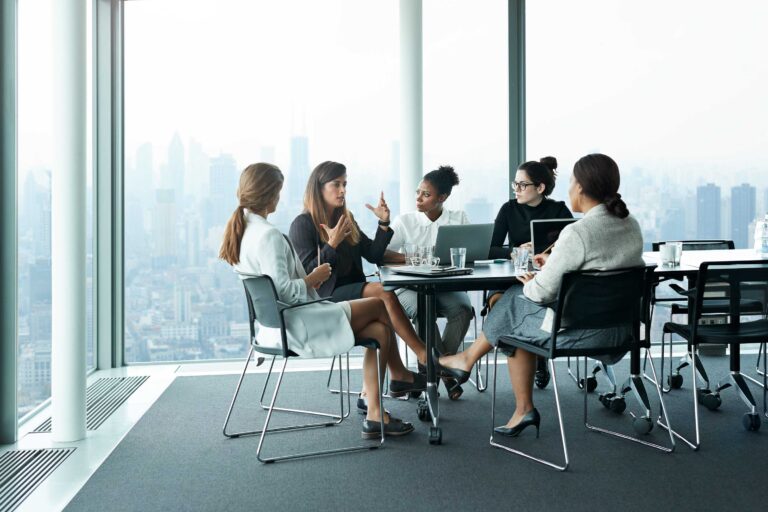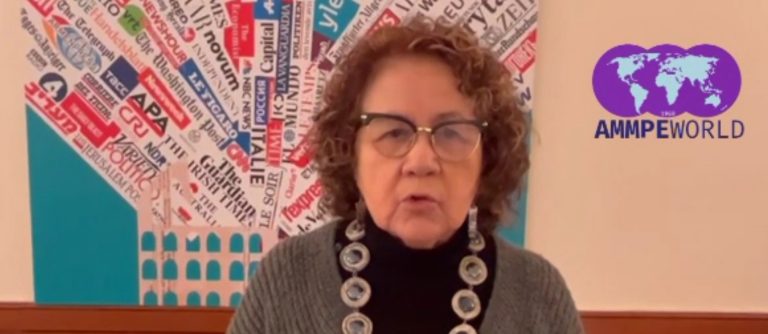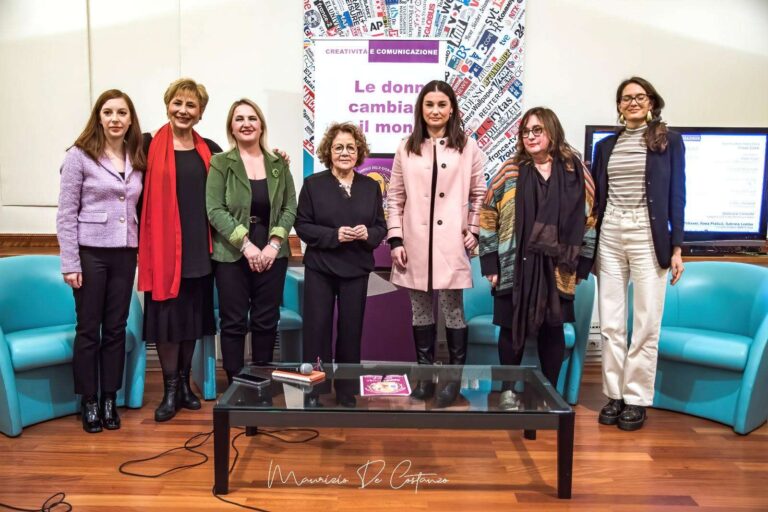Speech by Patricia Mayorga to the XXIV congress
Rome, September 14th – 17th
Dear friends, friends and colleagues. University and institutional authorities.
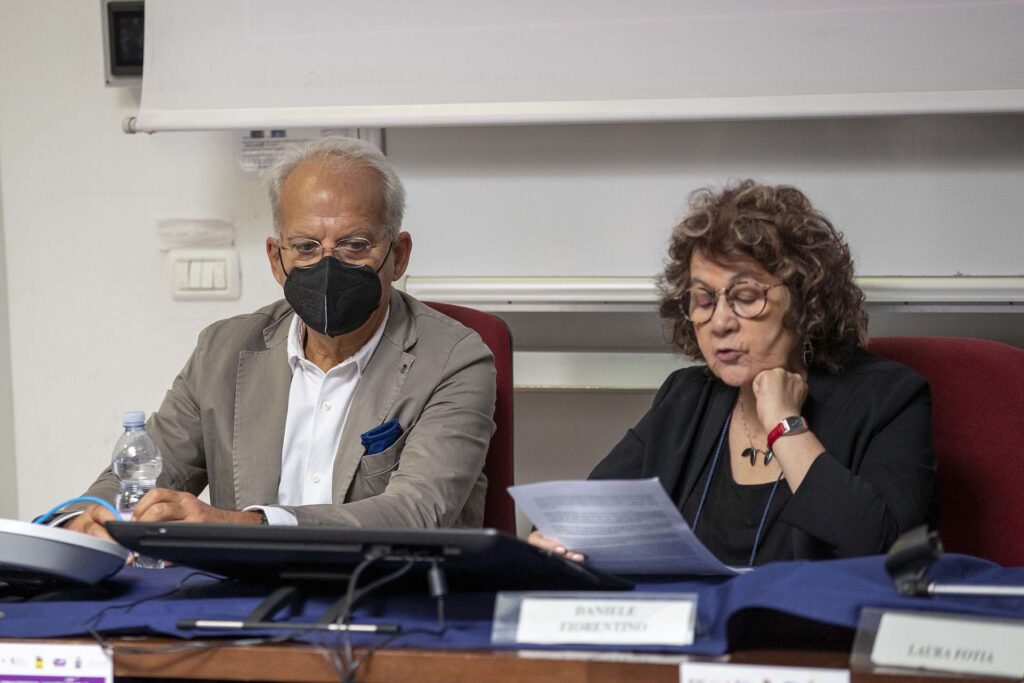 First of all, I deeply thank the Director of the Department of Political Science of the Roma 3 University, Professor Daniele Fiorentino, for the possibility of being able to hold this event in the prestigious premises of this house of higher studies, an event that would not have been possible without the support of Professor Maria Rosaria. Stabile, former vice-rector of this University who cannot be here today because she is participating in the National Congress of the Italian Society of Contemporary History, in Matera, but who is more than worthily represented by Professor Laura Fotia.
First of all, I deeply thank the Director of the Department of Political Science of the Roma 3 University, Professor Daniele Fiorentino, for the possibility of being able to hold this event in the prestigious premises of this house of higher studies, an event that would not have been possible without the support of Professor Maria Rosaria. Stabile, former vice-rector of this University who cannot be here today because she is participating in the National Congress of the Italian Society of Contemporary History, in Matera, but who is more than worthily represented by Professor Laura Fotia.
The colleague who preceded me thanked each and every one of the partners and sponsors, therefore I will not dwell on this, except to reaffirm that without this support it would not have been possible to hold this event.
According to our statutes, the term of office is biennial, and the period ends with a World Congress in the country of residence of the President. Therefore, our next Congress, the twenty-fourth, should have been held in Rome in 2020, but for reasons of force majeure, and what reasons!: a global pandemic forced us to postpone it.
«The challenges of communication at a planetary level» was the generic title since in a globalized society and the consequent scenario in which we must operate, although with different and specific nuances depending on where we are, it requires us to give global responses to problems that affect us equally, beyond the region in which we have to practice our profession.
When I wrote this sentence, in mid-2019 upon accepting this position, I could never have imagined – like no one else – that in a few months our lives would change radically, that a global threat would hover over our heads: Covid 19, which would make us rethink many of our certainties. Then, when we were very slowly beginning to emerge from the swamp, a war knocks on the gates of communal Europe, not to mention the tensions in the Far East.
I intentionally left climate change for last place, not because it is less important, but precisely on the contrary. Because it is what most conditions us in the face of almost total planetary indifference, except when the rains, hurricanes, avalanches, fires (not always casual) attack us directly. Then the emergency passes and the news about the imperative need to vary the route in terms of weather moves from the front page to a few interior lines.
However, as the pandemic has been demonstrating, the climate crisis, international tensions are global phenomena that show that we are tied and tied not only to a shared world, but interdependent.
Returning to the reasons that forced us to postpone the date, after an initial moment of uncertainty, we were able to overcome the challenge of global confinement and coordinate the necessary support to continue carrying out our institutional activities through the different digital platforms available.
The contribution and solidarity so typical of our members, were made available to this Presidency to continue with our activities and demonstrate that difficulties are also a stimulus. Here allow me to digress: there are many colleagues who actively participated in the preparation of this Congress in various ways and who are not here now for various reasons. I especially greet Verónica López, President of the Chilean Association, and all the colleagues who in one way or another have supported us. I do not name them for reasons of time, but on our website it will be specified who they are.
(I am referring to Laura Reyes, Isabel Seguel, Milly Miranda, Francesca Biliotti, Michaela Namuth, Gabriela Toro, Pierina González, Liliana Bonfiglio, Susana Clavarino, Alessandra Ianello, Anna Schiavoi, first benefactor partner, Patricia Ríos, also benefactor partner, Antonio Perretti, Paolo Tagliaferri, benefactors, Professor Nicola de Blasi, member of the prestigious Academia de la Crusca, and Trissha Thomas who translated my words from the language of Cervantes, respectively to the language of Dante and Shakespeare. And above all, to our partner more young, Maria Chiara Petrassi who has given us all her youthful impetus as far as Social Networks are concerned and who in this Congress is monitoring the important technological sector).
Going back to our work of these 4 years, with top-level rapporteurs, we hold meetings on issues that directly involve us, such as sexism in the media, or cyberbullying, intensified during the pandemic.
We also took the voice of the AMMPE to various international forums, the last of them last November in Barcelona, where a feminist perspective was brought to journalism that is seen from both shores of the Mediterranean. Or in «Waiting for the G-20 women», an event organized in Italy by the Italian municipality of Santa Margherita Ligure on the occasion of the summit of world leaders, whose official version ended this year with a «family photograph» in which there is no woman, after the retirement of Angela Merkel. Which indicates that even the road to parity is long…and I would dare to say still quite abrupt.
Together and from our screens throughout the world, we rejoice and congratulate our Philippine colleague Maria Ressa for her more than deserved Nobel Peace Prize, and we denounce and express our solidarity with our colleagues who have been attacked wherever they may be, such as Lucia Goracci, correspondent for the Italian RAI kidnapped and beaten by a No Vax senator in Romania; or Jenny Pérez, violently attacked and even threatened with death by the followers of the extreme right-wing Chilean political leader José Antonio Kast as a result of an interview for the German network DW where she works.
It cannot be said that these two years have been free of ups and downs, especially since at certain times the only certainty was uncertainty. But here we are willing in these three days to listen to different voices, sometimes in contrast to what our certainties are, our truth. And here is the role of us, communicators from all over the world: the need to tell the truth through our narration, a truth that, of course, goes hand in hand with the possibility we have of expressing it, that is, with the freedom of the press. .
I know that here I am going into rocky ground, because truth is a keyword of philosophy and a theme that has changed over time, as well as freedom. Many questions are raised in relation to the truth. What is the truth? Is there only one truth or are there many? And if this truth exists, can we really know it or simply search for it without ever being able to say that we have found it?
I am not going to take a tour of this concept starting from the first philosophers of antiquity who began to discuss the process of knowledge such as Heraclitus or Parmenides, but rather I will take a leap of no more than a couple of millennia, to get to the subject that most involves us in these times as communicators and communicators: post-truth.
According to the Spanish Royal Academy, the term post-truth would be a deliberate distortion of a reality that manipulates beliefs and emotions in order to influence public opinion and social attitudes. According to this definition: “Demagogues are masters of post-truth”.
Likewise, according to the Oxford dictionary, it is the phenomenon that occurs when «objective facts have less influence in defining public opinion than those that appeal to emotion and personal beliefs». When I arrived in Italy, it was difficult for me to grasp the concept of «lies knowing that he lies»: I am not claiming that post-truth is in itself affirming concepts far from the truth, although there is also a lot of that, but rather effectively manipulating beliefs, emotions, and above all the insecurities and fears to obtain a certain end: that is, the specific fact is not called into question, but the consequences that a certain fact could generate.
The examples are multiple and cover the entire planetary geography, for that reason it is a subject on which communicators from all over the world cannot stop reflecting. We are just emerging, with very short and very cautious steps, from the pandemic that affected us without distinction of sex, race, religion, with the only exception that, as always, the most dispossessed and vulnerable sectors have been the hardest hit.
During this dramatic period, words like Covid, virus, pandemic, drug began to occupy most if not all of the media space. I leave for last, not because it is less important, but because it is the one that has conditioned and divided the most, the word “vaccine”, from which the concept of post-truth spread widely.
Undoubtedly, there are people for whom THEIR truth is that vaccines produce very serious side effects, and I am referring to the rather serious connotations of this rejection, not for example to that «truth» that affirms that they are injecting us with a chip to spy on our 24 hours a day. The examples of post-truth, a concept that appeared for the first time in the early 1990s, could be multiple and cover various areas of our lives, perhaps the most delicate being the one related to politics, to which I will barely refer.
Although the manipulation of the truth in politics is not something new, political leaders, their spokespersons and their influence groups, in the effort to connect emotionally with citizens and convince them to condition their decisions, have shown that the truth no longer competes with the lie, but with other hypothetical truths. Now, the construction of post-truth political discourse has been reinforced by another growing phenomenon that has developed in recent years: hoaxes, fake news.
One of the most important intellectuals in Italy, Umberto Eco dedicated his last years (he passed away in 2016) to the need to rediscover the truth in order to establish an ethics of information. His phrase «Internet? It has direct data from word to the imbeciles: before they spoke alone at the bar and suddenly they were silenced».
The logical question arises. What can we and we who are members of various areas of the communicational universe do to try to successfully face the problem of post-truth, and above all be credible, because I do not think I am exaggerating when I say that this is a terribly hard period for our profession in terms of regarding credibility.
Of course there are no unequivocal answers, but I believe that the main duty of all, communicators and communicators is the rigor of our narration, and that beyond the cultural political field in which we are working.
In these three days of intense work we will talk about fundamental issues of society, which directly affect in one way or another our lives as human beings, as citizens, that is, as inhabitants of this planet.
We will exchange information on migrations in various parts of the planet, with all its load of pain and drama, on the advances or setbacks that are noted in freedom of the press, especially since the digital age, on human rights, especially in the face of to the situation of women after the pandemic, the environment and climate change, the Internet and social networks: their pros and cons, gender disparity, stereotypes and sexist language in the world of communication. And as everything should not be to underline the dramas of the female universe, we will also talk about the great creativity of women with journalists, businesswomen from various fields, filmmakers.
It has been four difficult years but without a shadow of a doubt very enriching. We probably could have done a lot of other things. We will do them because we keep moving forward and, as the great Sevillian poet Antonio Machado wrote….the path is made by walking.
Thank you very much
